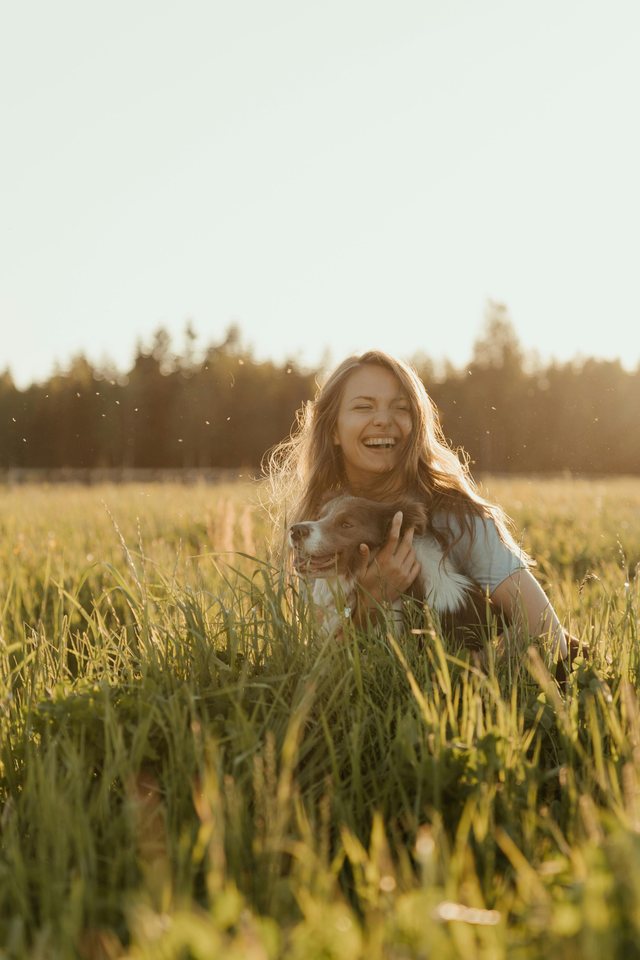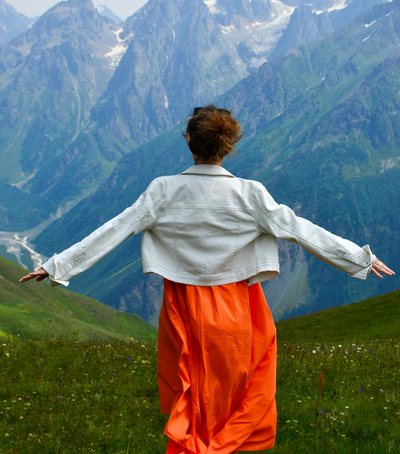
Luxury vacations on agricultural properties that nourish the body and ecological conscience, from Britain to Portugal and Spain.
Wellness travel is shifting from traditional spas to experiences more rooted in nature and environmental ethics. Regenerative farms—properties that work the land with methods that restore fertility, increase biodiversity, and reduce their carbon footprint—are offering “slow luxury” packages: peaceful stays, clean food from farm to plate, wellness activities, and an ecological mission where the visitor becomes an active part of the cycle of life.
What makes a farm “regenerative”?
Unlike conventional or purely organic farming, regenerative agriculture aims to improve the ecosystem: crop rotation, soil enrichment with compost, managed grazing, water conservation and wildlife revitalization. When you sleep next to vineyards, meadows or orchards managed with these principles, you are supporting a rural economy with a positive impact and turning rest into an act of responsibility.
Well-being as a daily ritual
Beyond being in nature, these farms create personalized programs: morning yoga sessions overlooking the fields, meditation in restored barns, “forest bathing” in the surrounding forests, massages with herbal oils produced on the farm, cooking workshops with seasonal produce, and tastings of locally fermented wine/craft beer. Eating becomes a ritual: menus curated by chefs who respect “nose-to-tail” or “root-to-stem,” zero waste, and natural fermentation. The body receives fresh food; the mind is calmed by closely observing the process that created that food.
Destinations: from the hills of Britain to the Mediterranean sun
Britain: Devon or Cotswolds farms combine luxury cottages with organic greenhouses, fishing in pristine rivers and permaculture classes. The mild climate and gently rolling landscapes make walking a daily ritual.
Portugal: in the Alentejo or Douro, vast estates with olive groves and regenerative vineyards offer natural pools, herbal tea rituals and nights under clear skies for stargazing. The scent of rosemary, thyme and orange blossom transforms aromatherapy into a spontaneous experience.
Spain: Andalusia and Catalonia have initiatives that combine agro-tourism with art and movement therapy. You can participate in olive harvesting, learn traditional gazpacho recipes with freshly picked vegetables, and explore hiking trails in natural parks.
How to plan such a trip
Verify the philosophy: Look for farms that clearly state regenerative practices (not just “eco” as a marketing label).
Ask about inclusion: Can you participate in agricultural workshops?
Are there any guidelines on land management? How sustainable is the supply chain?
Luxury-down-to-earth balance: Decide how much comfort you want (boutique rooms, spa, pool) and how hands-on you want to be (gardening, learning fermentation, long walks).
Seasonality: Choose the period when farms are most active (e.g. fall for harvesting, spring for planting) so that the experience is rich.
The green way: Also think about your mode of transportation—train, car-sharing, bicycle—to reduce the impact your vacation has on the planet.
Double benefits
On the one hand, you gain peace of mind, physical energy and a new awareness of the way you eat. On the other hand, you contribute to new models of rural economy, to the conservation of the land and to a culture of rest that focuses on the balance between man and nature. Wellness trips to regenerative farms are more than a trend; they are an invitation to live—even if for a few days—according to rhythms that are good for the earth and the soul at the same time.
Photo Credits (cottonbro studio):
https://www.pexels.com/photo/woman-in-white-long-sleeve-shirt-sitting-on-green-grass-field-4921275/





